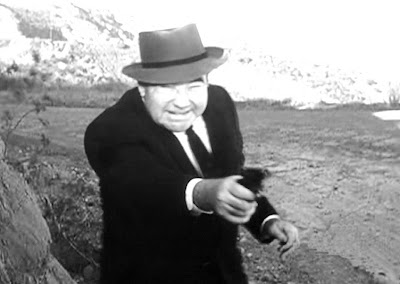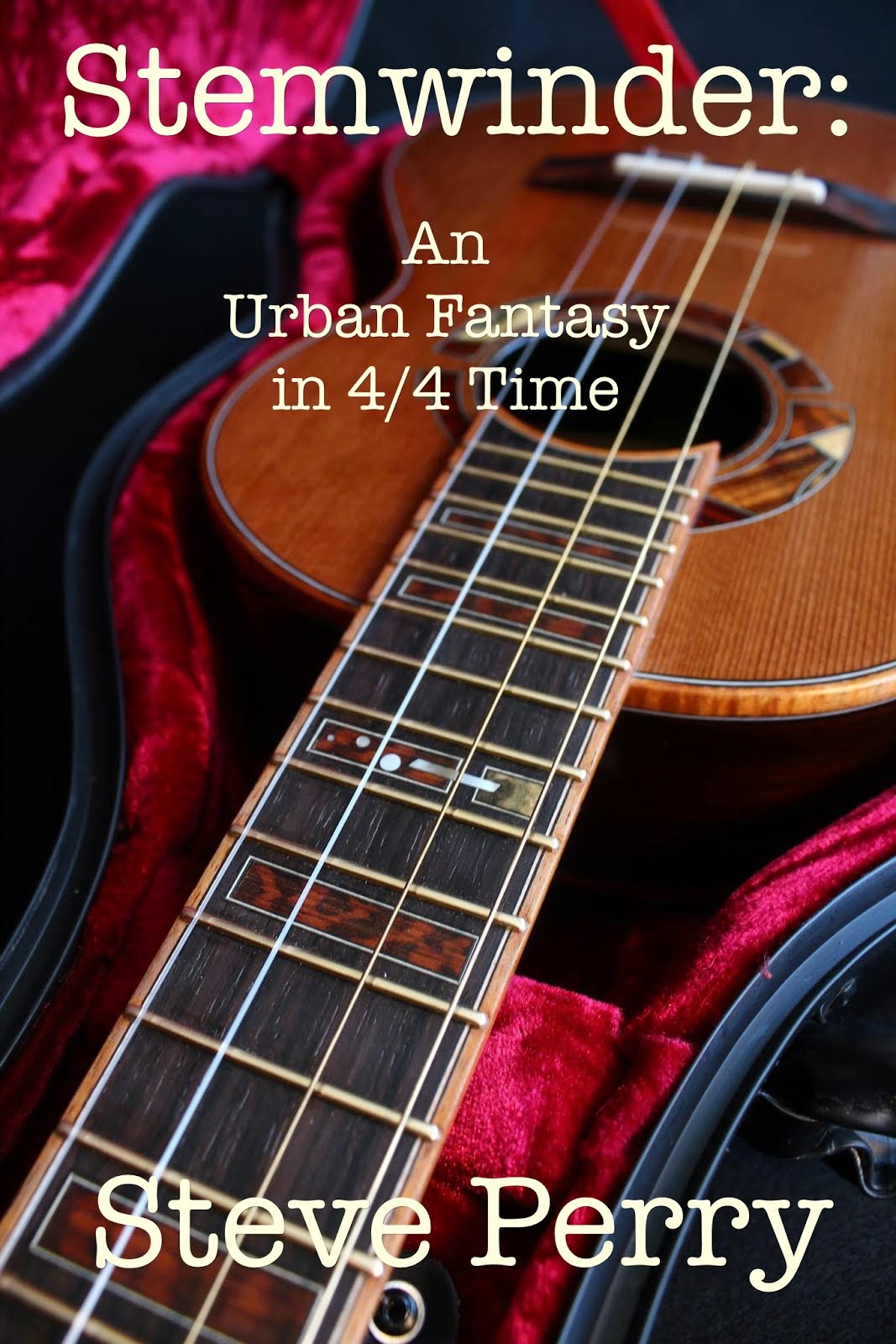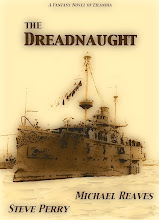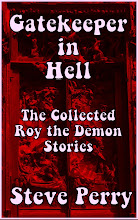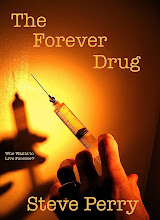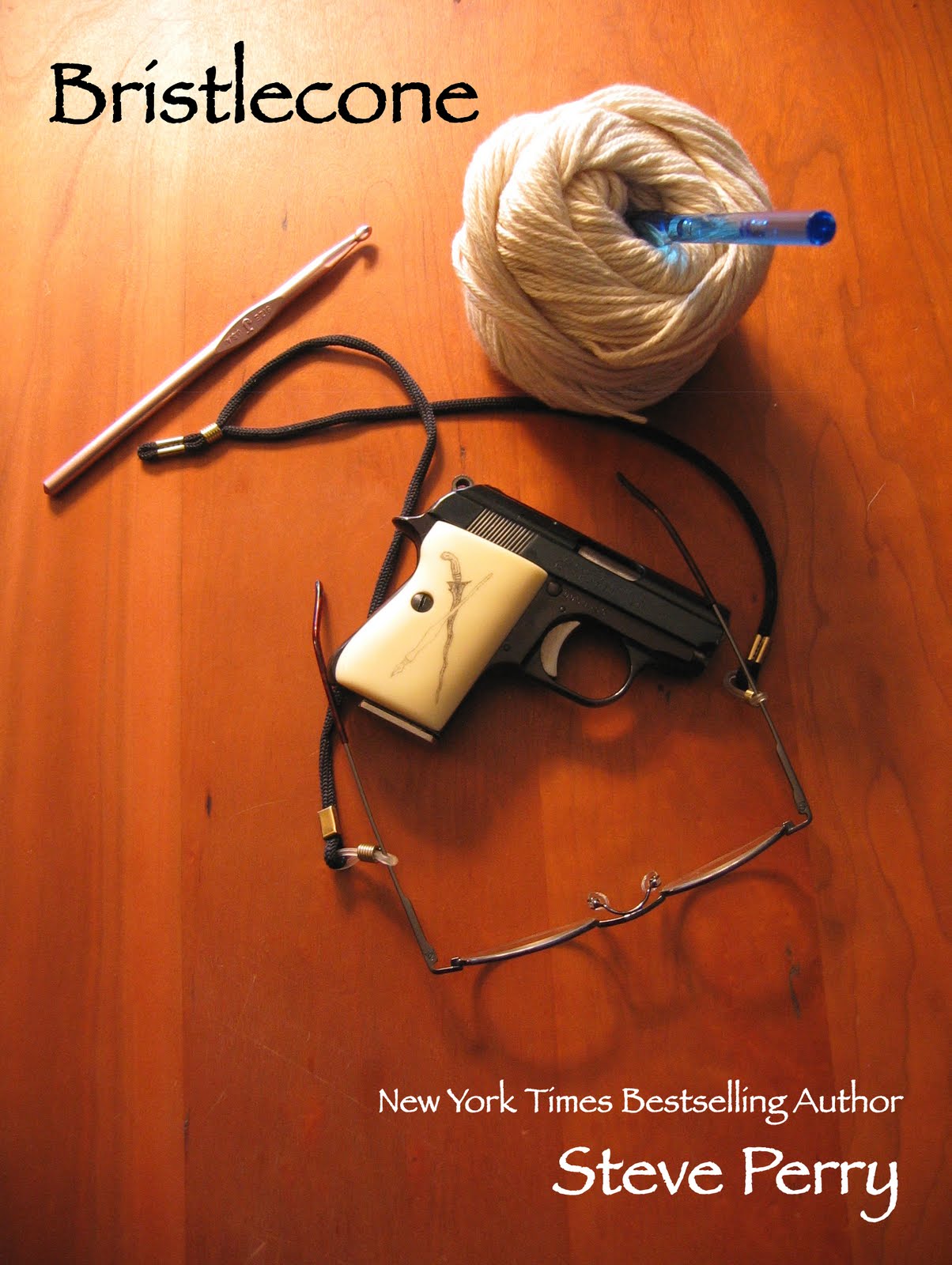People sometimes ask me how I come up with my crazy ideas for science fiction and fantasy stories, and while there are a bunch of funny and silly answers writers have worked up over the years to address that, the truth is that ... what passes for the truth is way stranger than fiction.
Case in point:
A Portland woman, Dawn Davenport Johnson, who just got out of prison after nearly two years, for assaulting a couple of homeless men with a knife, is suing the city for excessive force during her arrest. You can read the full story
here, and you should, lest you think I'm making any of this up.
The gist:
According to the Portland police, they were summoned on a call whereupon they found Dawn, an exotic dancer down on her luck, naked save for one boot, waving a knife, and in hysteria. They told her to put it down.
Not the best neighborhood, there was a homeless camp, and therein, a couple of cut homeless guys were bleeding.
The LEOs chased her, cornered her near a kiddie pool, and brought out the tasers and bean bag guns when she wouldn't drop the knife. Zapped a couple of times, put a bean round into her, and it still took the police and a team of firefighters to subdue her. They say she was doped to the gills.
She was charged, copped a plea to Assault in the 2nd and Attemped Assault 1st, and went off to the graybar hotel.
But: According to her lawyer, what happened was, Dawn was sprayed with bear Mace by her then-boyfriend, and all she was trying to do was get the stuff off her. She stripped and ran for the kiddie pool. (Earlier reports said that it wasn't her boyfriend, but a homeless man who maced her.)
And how did the homeless guys get cut? Well, apparently, she didn't see the tent they were in, accidentally ran into it and "inadvertently" cut the two. According to her lawyer.
Inadvertently.
The woman was nekkid, save for one boot, but she had a knife? One wonders: Why did she she have a knife? You aren't supposed to run with scissors, much less a knife. And I bet trying to wipe Mace off yourself with a knife in one hand is really tricky. And how does one accidentally cut two men? It seems, I dunno, a really freakish accident, doesn't it?
Or there there is that other word, bespeaking male bovine feces that might apply.
Her version, and according to it, as soon as the police told her to drop the knife, she did, but they zapped, shot, and beat on her anyway.
Yeah, I don't think if I was the city's attorney, I'd be too worried about this one. At the end of the article, there is this line:
"Today she (Johnson) was taken from the women's prison in Wilsonville to the Justice Center Jail in Portland to serve time on an unrelated charge."
Doesn't say what the charge is, but if it involved drug use, I confess that I wouldn't be all that surprised.









